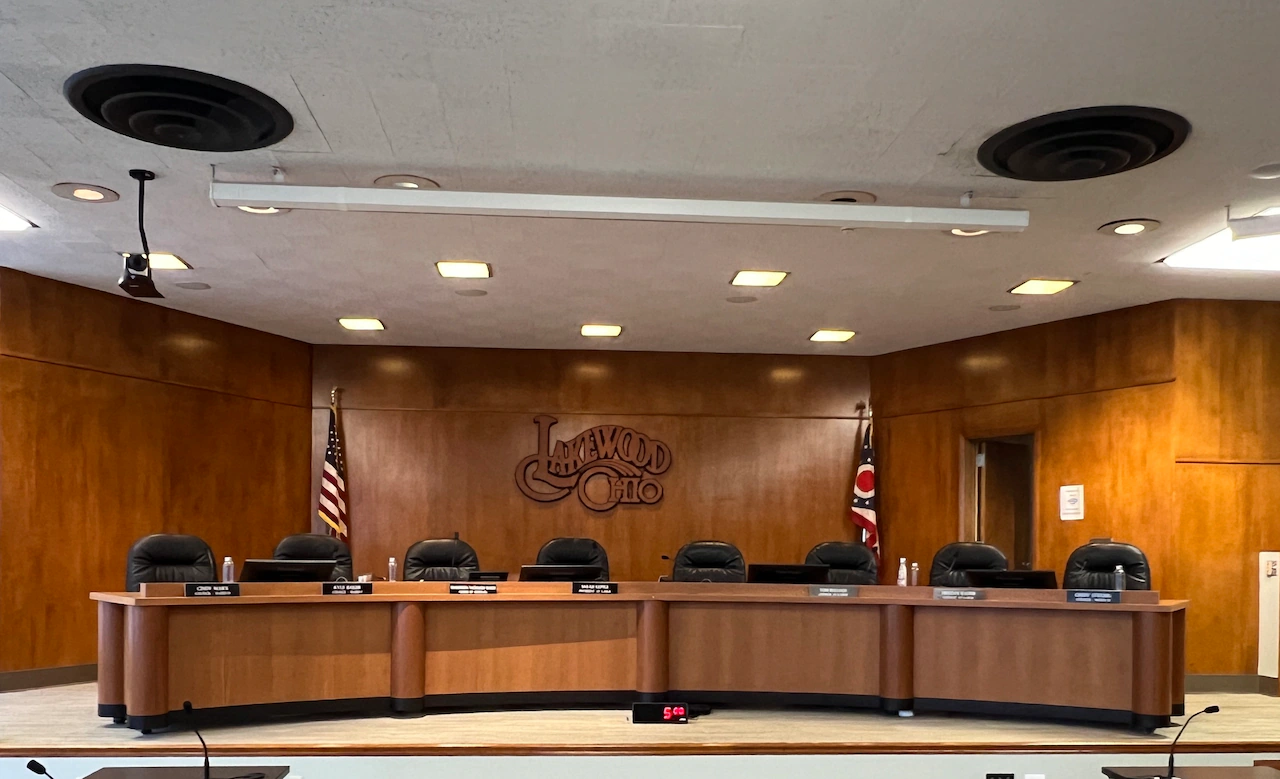Copyright cleveland.com

LAKEWOOD, Ohio -- The Cuyahoga County Board of Health has asked the city of Lakewood to pay the board 12% more each of the next two years to maintain and expand public health services it provides in the city, as both entities brace for significant budget shortages due to reductions in federal and state funding. Suzanne Hrusch, the Board’s Director of External Affairs, presented the proposal to Lakewood’s Health and Human Services Committee on Monday, citing looming cuts and uncertainty surrounding several grants, including ones that fund the department’s lead remediation work. “We’ve been told that both the state and federal level anticipate getting less monies trickling down,” Hrusch said. “There’s a large number of our grants that are questionable—lead being one of them. And that’s scary.” The proposed contract calls for Lakewood to pay the board $456,440 in 2026 and $511,458 in 2027, up from just over $400,000 it spent this year. The Board provides a wide range of services to Lakewood residents, from food inspections and disease surveillance to lead remediation and operating a local health clinic on Detroit Avenue. Its work spans environmental health, chronic disease prevention, and nursing services for acute disease prevention. Hrusch said that the board spent $450,000 on lead remediation work in Lakewood over the last five years. The funding increase would help sustain those programs and fund new initiatives, including a mobile medical unit launched with COVID dollars to improve outreach. Committee members raised concerns about public awareness of the Board’s services. Councilmember Cindy Marx suggested publishing articles in local papers like the Lakewood Observer. Hrusch acknowledged the challenge, noting that part of the increase would fund communication efforts. “We know we need to do a better job advertising ourselves,” she said, pointing to recent improvements such as a new website, upgraded IT infrastructure, and a speakers bureau offering dozens of health topics. The Board also highlighted its emergency response capabilities, including a 24/7 phone line for rabies exposures, and ongoing efforts to address bed bugs, spotted lanternflies, and lead hazards. The District Advisory Council, which oversees the Board, has already approved the increase. The committee voted to advance the proposal to full council for consideration.



